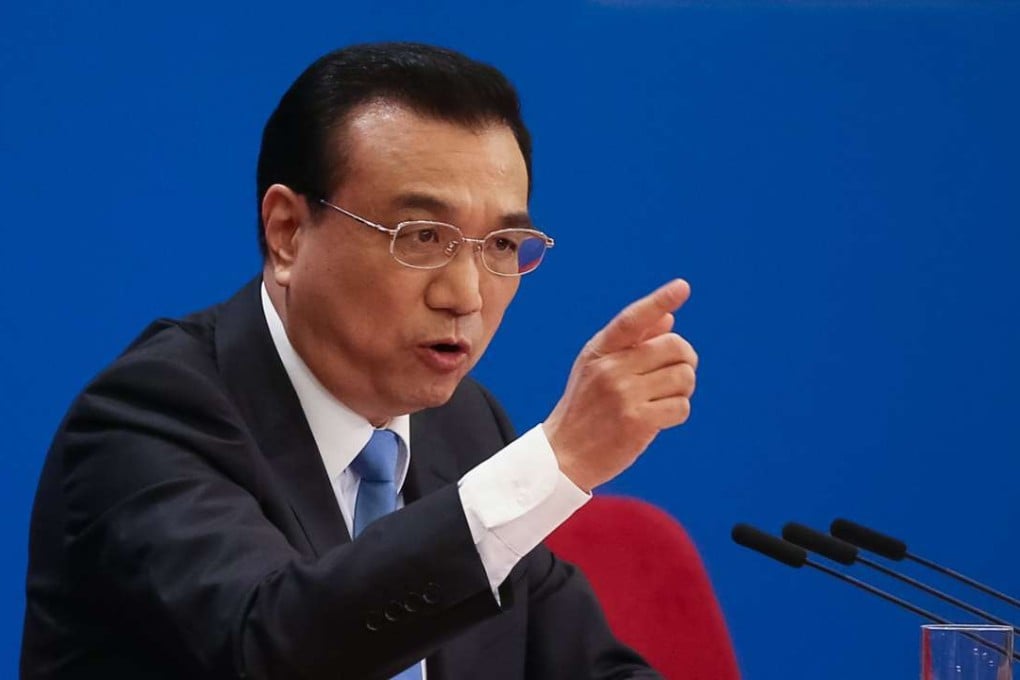The many things China doesn’t want: highlights from Li Keqiang’s press conference
Beijing doesn’t want trade war nor chaos at its doorstep. It also doesn’t want Asean nations to take sides on the South China Sea, or further calls for Hong Kong independence, among other things

1. China-US relations
Premier Li highlighted the damage that any trade war between the two countries would inflict, saying American companies would be the first to suffer.
“We don’t want to see any trade war breaking out between the two nations. That wouldn’t make our trade fairer,” Li said. “Our hope on the Chinese side is that no matter what bumps this relationship hits, we hope it’ll continue to move forward in a positive direction.”
Li confirmed that Beijing and Washington were in talks to arrange a summit between President Xi Jinping and his US counterpart Donald Trump. Media reports have suggested the meeting could be held at Trump’s Mar-a-Lago resort in Florida.
Li said: “I believe whatever differences we may have we can all sit down and talk to each other and work together to find solutions.”